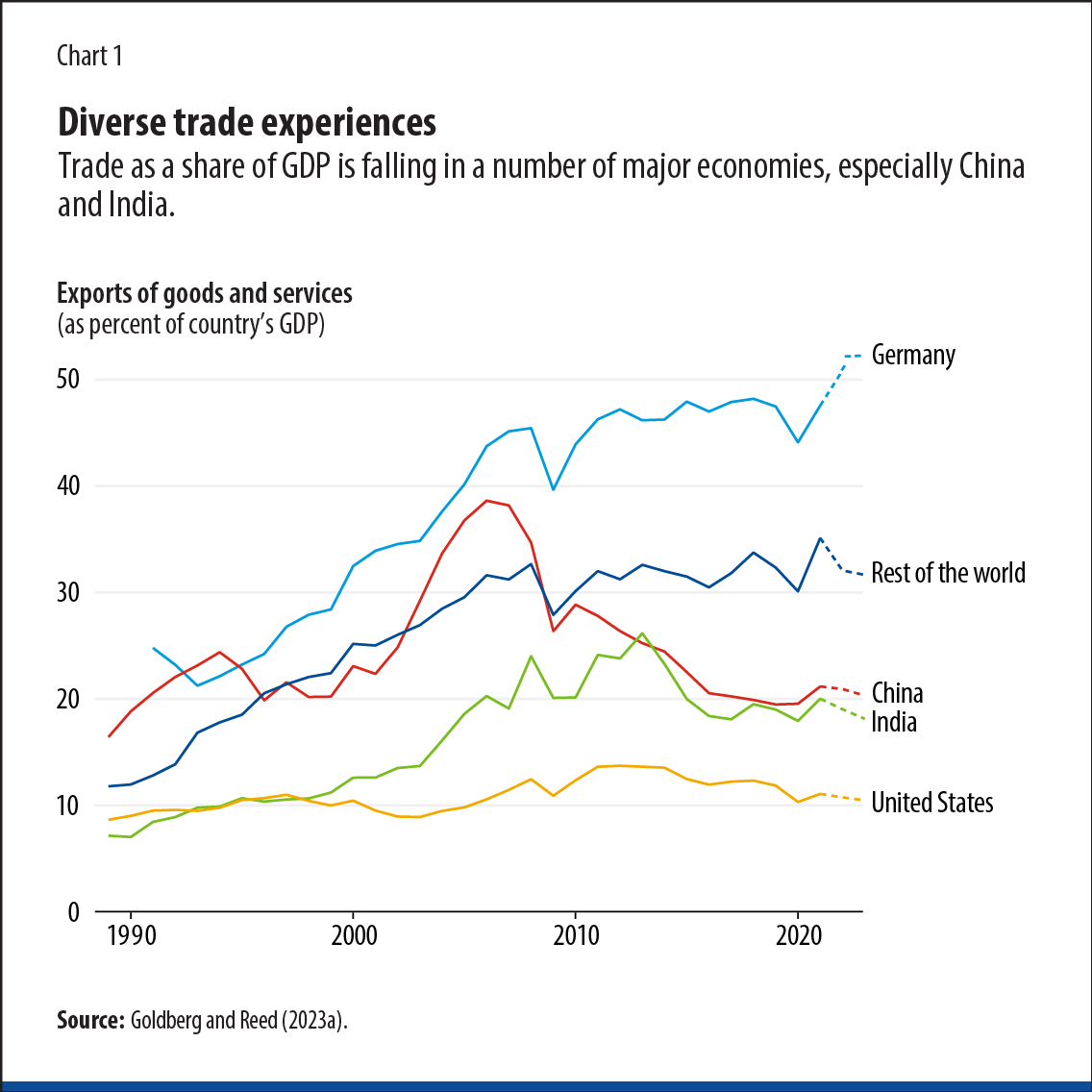Mastering the Art of Global Trade Policies
Global trade policies play a crucial role in shaping the landscape of international business. In today’s interconnected world, where goods and services flow across borders seamlessly, understanding and navigating these policies are essential for businesses looking to expand their reach and maximize their profits.
Mastering the art of global trade policies involves a deep understanding of the complex regulations and agreements that govern international trade. From tariffs and quotas to trade agreements and trade barriers, businesses must stay informed and up-to-date on the ever-changing landscape of global trade policies.
One of the key aspects of mastering global trade policies is staying informed about the latest developments in trade negotiations and agreements. For example, the recent US-China trade war has had a significant impact on businesses around the world, with tariffs being imposed on a wide range of products. By staying informed about these developments, businesses can adjust their strategies and minimize the impact of these policies on their operations.
Another important aspect of mastering global trade policies is understanding the different trade agreements and organizations that govern international trade. For example, the World Trade Organization (WTO) sets the rules for international trade and provides a forum for negotiating trade agreements. Businesses that are able to navigate the complexities of the WTO and other trade agreements will have a competitive advantage in the global marketplace.

Image Source: imf.org
In addition to understanding the regulations and agreements that govern international trade, businesses must also develop strategies to navigate the challenges and opportunities presented by global trade policies. This involves conducting thorough market research, identifying potential risks and opportunities, and developing contingency plans to mitigate any potential disruptions to their operations.
One strategy that businesses can use to navigate global trade policies is to diversify their supply chains. By sourcing materials and products from multiple countries, businesses can reduce their dependency on any single market and minimize the impact of trade disruptions. This can also help businesses take advantage of lower costs and access new markets that may be more favorable in terms of trade policies.
Another winning strategy for mastering global trade policies is to build strong relationships with key stakeholders, including government officials, trade organizations, and industry partners. By working collaboratively with these stakeholders, businesses can stay informed about the latest developments in global trade policies and advocate for their interests in trade negotiations.
Ultimately, mastering the art of global trade policies requires businesses to be proactive, adaptable, and strategic in their approach to international trade. By staying informed, developing winning strategies, and building strong relationships with key stakeholders, businesses can navigate the complexities of global trade policies and succeed in the competitive world of international business.
Crafting Winning Strategies for International Business
In today’s interconnected world, the dynamics of global trade policies play a crucial role in shaping international business strategies. Companies looking to expand their reach beyond domestic borders must navigate the complex landscape of trade agreements, tariffs, and regulations in order to succeed on a global scale. Crafting winning strategies for international business requires a deep understanding of how these trade policies impact operations and decision-making.
One of the key factors to consider when crafting international business strategies is the ever-changing nature of global trade policies. Trade agreements between countries are constantly being negotiated and revised, leading to shifts in tariffs and regulations that can have a significant impact on business operations. For companies looking to enter new markets or expand existing operations, staying up-to-date on these policy changes is essential in order to adapt their strategies accordingly.
Another important aspect of crafting winning strategies for international business is understanding the political and economic landscape of the countries in which a company operates. Geopolitical factors can have a major influence on trade policies, and companies must be aware of the potential risks and opportunities that may arise as a result. By conducting thorough research and analysis of the political and economic environments in their target markets, companies can develop strategies that are tailored to the specific challenges and opportunities they may face.
Additionally, successful international business strategies require a focus on building strong relationships with key stakeholders, including government officials, industry partners, and local communities. By fostering these relationships and maintaining open lines of communication, companies can navigate the complexities of global trade policies more effectively and position themselves for success in the international marketplace.
In order to craft winning strategies for international business, companies must also consider the impact of technology and innovation on global trade policies. The rise of digital technologies and e-commerce platforms has revolutionized the way businesses operate, creating new opportunities for companies to reach customers around the world. By leveraging technology to streamline operations and expand their reach, companies can stay ahead of the competition and capitalize on the advantages of a global marketplace.
Overall, the dynamics of global trade policies present both challenges and opportunities for companies looking to expand their international presence. By crafting winning strategies that take into account the ever-changing nature of trade agreements, the political and economic landscape of target markets, and the impact of technology and innovation, companies can position themselves for success in the global marketplace. With a deep understanding of these factors and a commitment to building strong relationships with key stakeholders, companies can navigate the complexities of international business and achieve their goals on a global scale.
The Impact of Global Trade Policies on International Business Strategies